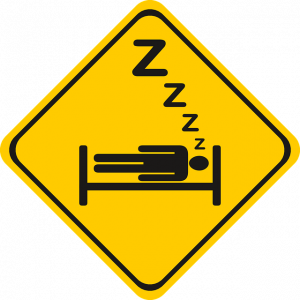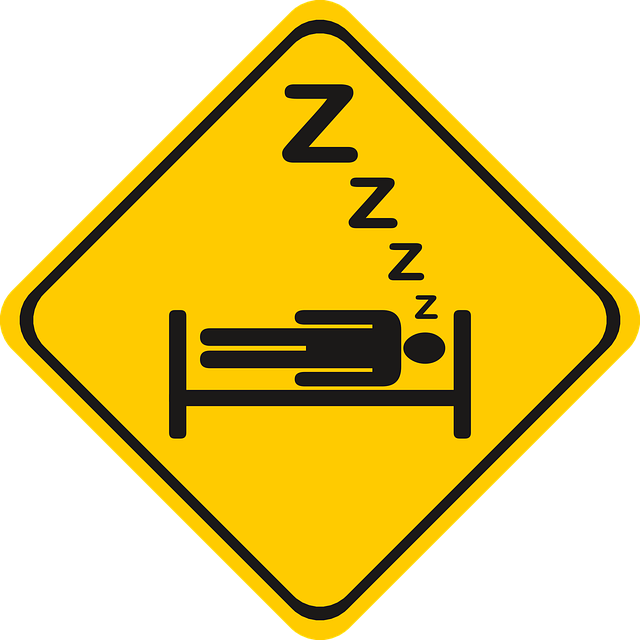Sleep is an essential part of our lives, and it is crucial for our physical and mental well-being. However, snoring can disrupt our sleep and cause a range of health problems. Snoring is a common problem that affects millions of people worldwide. It can be caused by various factors, including obesity, alcohol consumption, and nasal congestion. In this post, we will discuss the causes of snoring, the different types of snoring, and the lifestyle changes and medical treatments that can help reduce snoring.
What is Snoring?
 Snoring is a sound that occurs when air flows through the throat during sleep, causing the tissues in the throat to vibrate. The sound of snoring can range from a soft purr to a loud roar, and it can occur intermittently or continuously throughout the night. Snoring is more common in men than women and tends to increase with age.
Snoring is a sound that occurs when air flows through the throat during sleep, causing the tissues in the throat to vibrate. The sound of snoring can range from a soft purr to a loud roar, and it can occur intermittently or continuously throughout the night. Snoring is more common in men than women and tends to increase with age.
Causes of Snoring
There are several causes of snoring, including obesity, alcohol consumption, smoking, nasal congestion, and sleep position. Obesity is one of the most common causes of snoring because excess weight can lead to an increase in fatty tissue in the throat, which can narrow the airway and cause snoring. Alcohol consumption can also cause snoring because it relaxes the muscles in the throat, making it more likely for them to vibrate.
Nasal congestion can also contribute to snoring because it makes it harder to breathe through the nose, forcing you to breathe through your mouth instead. Sleep position can also play a role in snoring because sleeping on your back can cause your tongue and soft palate to collapse onto the back of your throat, obstructing airflow.
Identifying Your Type of Snoring
There are several types of snoring, including mouth breathing, tongue-based snoring, and nasal snoring. Mouth breathing occurs when you breathe through your mouth instead of your nose, which can cause the tissues in the throat to vibrate and produce snoring sounds. Tongue-based snoring occurs when the tongue falls back into the throat during sleep, obstructing airflow and causing snoring. Nasal snoring occurs when there is a blockage in the nasal passages, forcing you to breathe through your mouth and causing snoring.
To identify your type of snoring, you can try recording yourself while you sleep or ask your partner to observe your breathing patterns during sleep.
Lifestyle Changes to Reduce Snoring
There are several lifestyle changes that can help reduce snoring, including losing weight, avoiding alcohol before bed, and sleeping on your side. Losing weight can help reduce snoring by reducing the amount of fatty tissue in the throat, which can narrow the airway and cause snoring. Avoiding alcohol before bed can also help reduce snoring because it relaxes the muscles in the throat, making it more likely for them to vibrate.
Sleeping on your side can also help reduce snoring because it prevents your tongue and soft palate from collapsing onto the back of your throat, obstructing airflow. Elevating your head while sleeping can also help reduce snoring by keeping your airway open.
Medical Treatments for Snoring
There are several medical treatments for snoring, including continuous positive airway pressure (CPAP) machines and surgery. CPAP machines work by delivering a constant stream of air pressure through a mask worn over the nose or mouth, keeping the airway open during sleep. Surgery can also be an option for severe cases of snoring, such as uvulopalatopharyngoplasty (UPPP), which involves removing excess tissue from the throat to widen the airway.
Home Remedies to Stop Snoring
There are several natural remedies that can help reduce snoring, including using essential oils and sleeping on your side. Essential oils such as peppermint and eucalyptus can help reduce inflammation in the nasal passages, making it easier to breathe through your nose and reducing the likelihood of snoring. Sleeping on your side can also help reduce snoring by preventing your tongue and soft palate from collapsing onto the back of your throat.
Tips for a Better Night’s Sleep
In addition to reducing snoring, there are several general tips that can help improve sleep quality, including establishing a bedtime routine and creating a comfortable sleep environment. Establishing a bedtime routine can help signal to your body that it is time to sleep, making it easier to fall asleep and stay asleep. Creating a comfortable sleep environment can also help improve sleep quality by reducing distractions and promoting relaxation.
Snoring is a common problem that can disrupt our sleep and cause a range of health problems. However, there are several lifestyle changes and medical treatments that can help reduce snoring and improve sleep quality. By identifying the causes of snoring and trying the tips and remedies discussed in this post, you can take steps towards getting a better night’s sleep.








